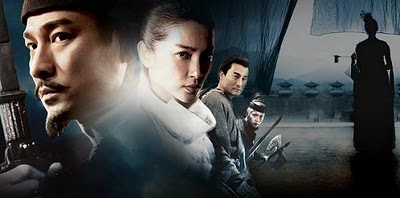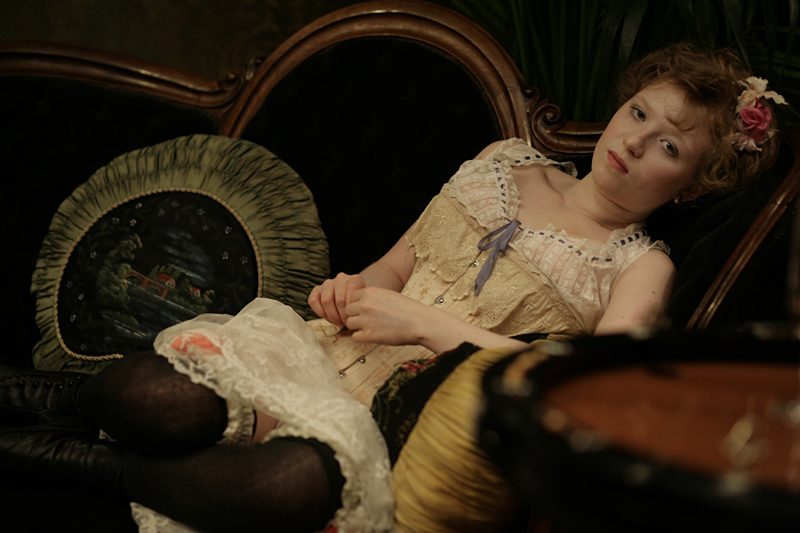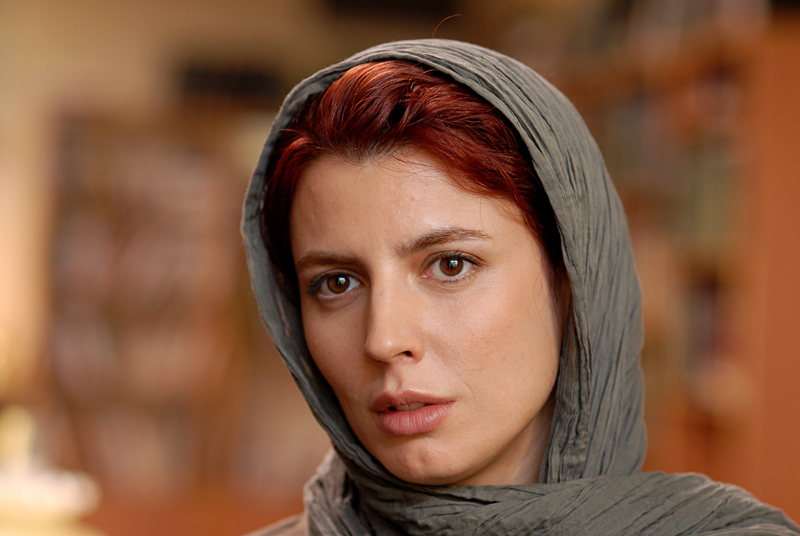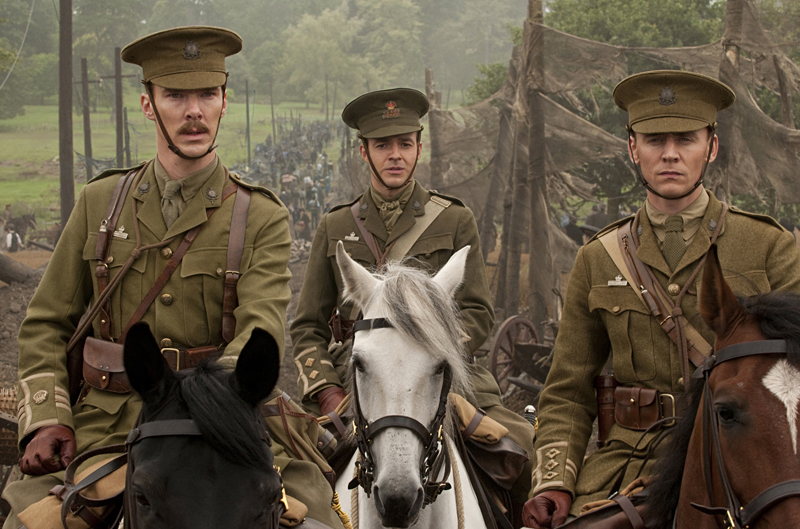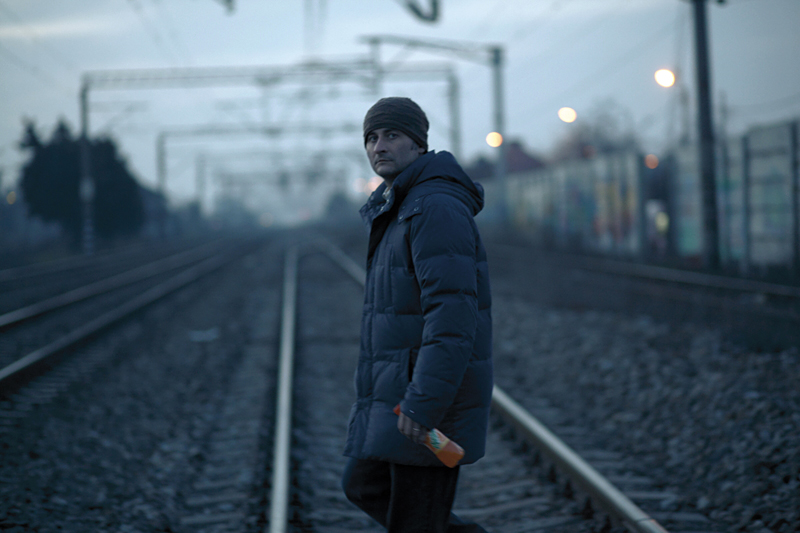Tsui Hark’s visually sumptuous Detective Dee is a strong comeback for the veteran Hong Kong wuxia-maker. Magnificent and cheesy, the latest and most proudly absurd of Chinese historical spectaculars, Detective Dee is a cinematic comic book for people who are sick of the mode. Tsui’s tale of China’s late seventh-century Empress Wu (Carina Lau) careens from set piece to set piece, distinguished by its nonstop action, emphatic expository dialogue, bird’s-eye angles, and cosmic winds (not to mention fabulous costumes and hairdos). The real Wu, a Tang Dynasty royal concubine and onetime Buddhist nun, was supported in her bid for power by China’s Buddhist hierarchy. Tsui makes Wu’s political aspirations manifest in a massive public works project—a 200-foot Towering Buddha graced with her own visage. But before she can ascend, one architect assigned to the project bursts into flames and disintegrates, and then another suffers the same fate. What is behind these mysterious eruptions? Fire beetles, missing amulets, treacherous sorcery? Advised by a sacred talking stag, the would-be empress frees her imprisoned onetime political opponent Detective Dee (HK superstar Andy Lau), also based on a historical figure, and dispatches her glamorous female lieutenant (Bingbing Li) to draft him into service. However fanciful, the plot to topple the Towering Buddha at Wu’s coronation ceremony has unavoidably contemporary resonance. Detective Dee is opening in time for the tenth anniversary of 9/11—set in the legendary past, it could be the disaster’s most festive, least objectionable allegory.
Detective Dee and the Mystery of the Phantom Flame: Tsui Hark’s Comeback
